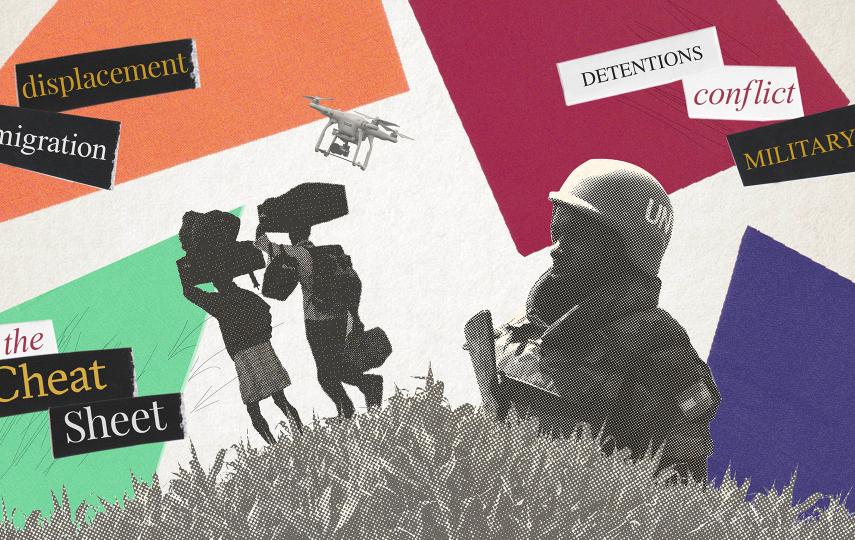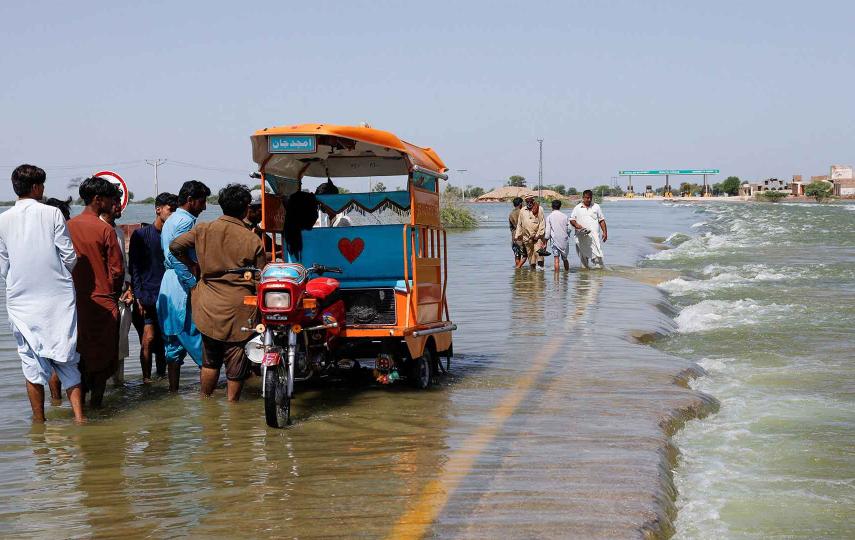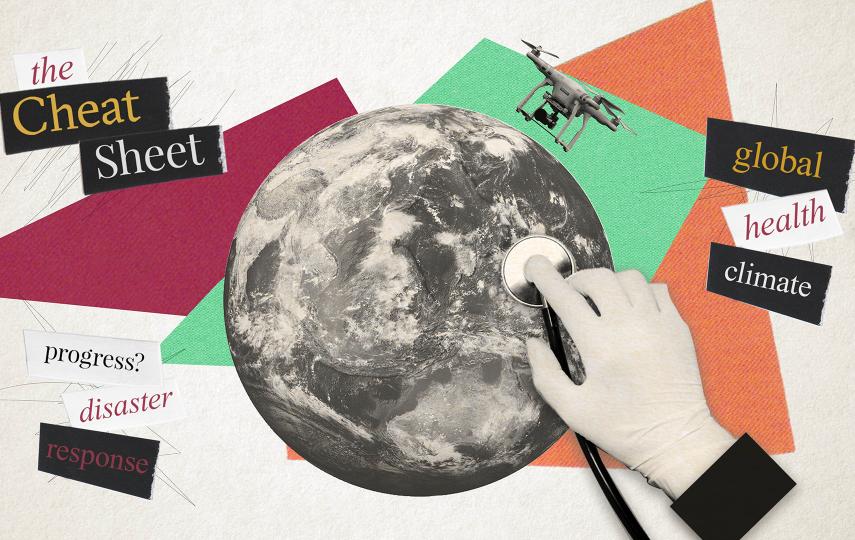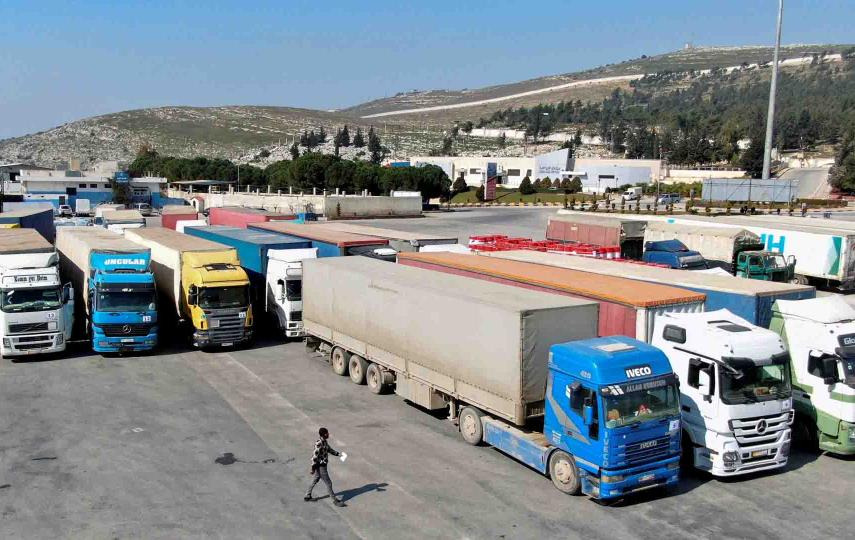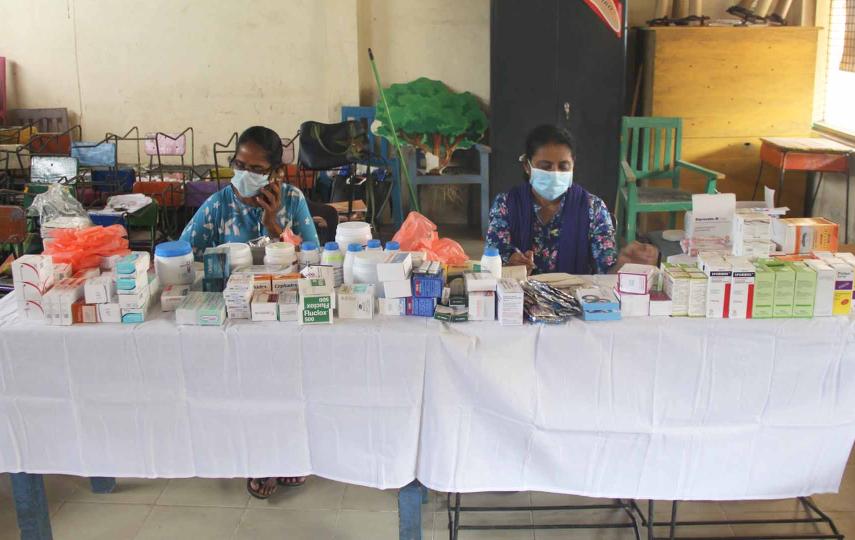For many countries in the Global South, tackling today’s interlocking crises – climate change, the pandemic, the rising cost of living supercharged by Russia’s invasion of Ukraine – is made practically impossible by sky-high interest rates on runaway government debt.
Enter Barbados.
No world leader is being invoked more at the moment than Barbadian Prime Minister Mia Mottley, along with her ambitious plan to change the global financial system to end this crippling debt and build climate resilience: the Bridgetown Agenda.
For this episode of our podcast, Rethinking Humanitarianism, host Heba Aly sits down with two people close to the plan: Avinash Persaud, Mottley’s special envoy on finance and investment; and François Jackman, the island nation’s UN ambassador.
"We don't use the word reform too much, because for 50 years, countries have been saying reform, and that just leads to nothing,” Persaud tells Aly. “But we say there are five things that you can do. And if you did those achievable things, it would actually redraw the global financial system."
Launched in September, the Bridgetown Initiative (as it is also known) lays out a step-by-step roadmap that begins by pressing the International Monetary Fund and other international financial institutions to unlock financing on more palatable terms for crisis-hit countries so they can better prevent and respond to disasters. It also calls for the setting up of a global mechanism to accelerate private sector investment in mitigation and reconstruction.
Can this tiny Caribbean country of 300,000 people reform the international architecture around government debt and disaster relief?
Subscribe on Spotify, Apple, Google, Stitcher, or YouTube, or search “The New Humanitarian” in your favourite podcast app.
Got a question or feedback? Email [email protected] or have your say on Twitter using the hashtag #RethinkingHumanitarianism.
Show notes
- COP27: Diplomatic baby steps amid mounting humanitarian crises
- Loss and damage: Views from the ground at COP27
- The 2022 Bridgetown Agenda for the Reform of the Global Financial Architecture | Barbados Ministry of Foreign Affairs and Foreign Trade|
- At the UN General Assembly, calls for fairer global governance grow louder
- The Barbadian Proposal Turning Heads at COP27 | Foreign Policy
- The Barbados Rebellion: An Island Nation’s Fight for Climate Justice - The New York Times
